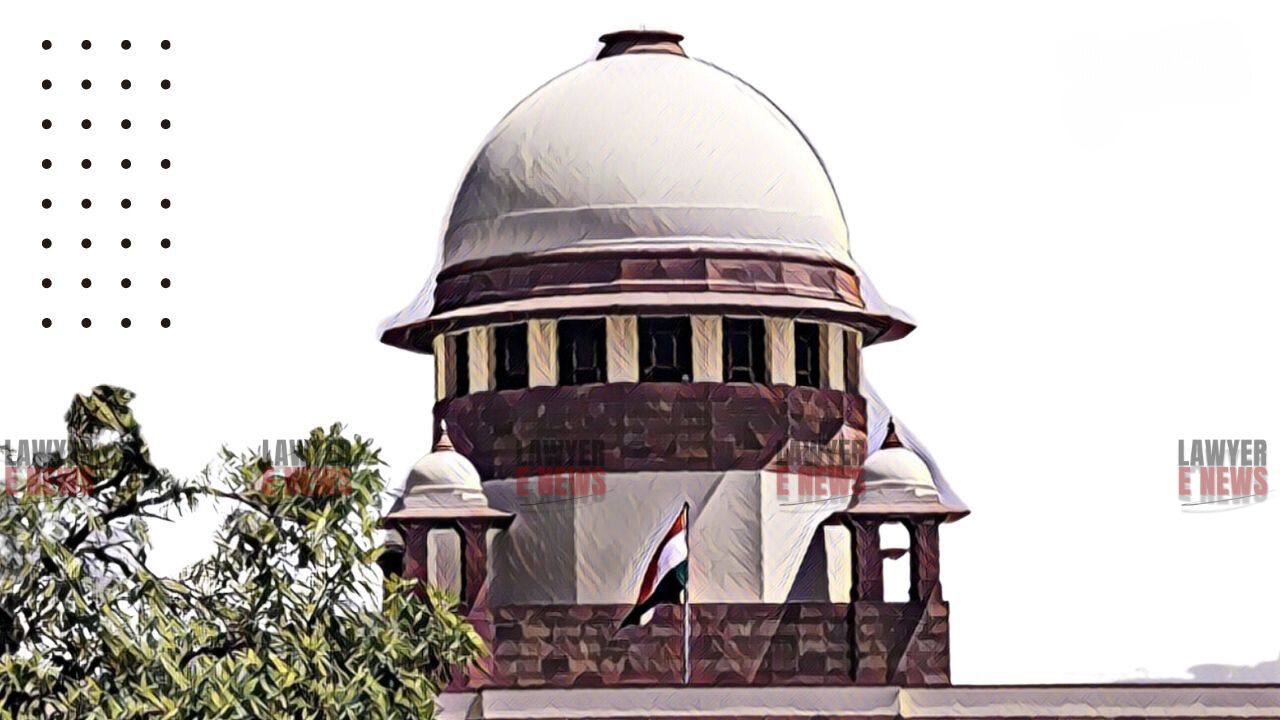-
by Admin
15 February 2026 5:35 AM



In a significant judgment, the Supreme Court has overturned a five-year blacklisting order imposed on Blue Dreamz Advertising Pvt. Ltd. by the Kolkata Municipal Corporation (KMC). The judgment, delivered by a bench comprising Justices B.R. Gavai, Sanjay Karol, and K.V. Viswanathan, underscores the principle that blacklisting, a severe punitive measure, must be proportionate to the misconduct in question and not be applied too readily in cases of ordinary contractual disputes.
The dispute arose from a contract awarded by the KMC to Blue Dreamz Advertising Pvt. Ltd. for the display of advertisements on street hoardings, bus passenger shelters, and kiosks within Kolkata. The contract was for one year, extendable by two years, with Blue Dreamz quoting the highest bid. However, a series of issues, including delays in work order issuance, non-receipt of a bank guarantee format, and disputes over the number of hoardings, led to mounting tensions between the parties. KMC ultimately blacklisted the company for five years, citing gross negligence and non-payment of dues.
The Supreme Court reaffirmed that blacklisting is a drastic measure that must be employed judiciously. Citing precedents, the Court noted, "Blacklisting has the effect of preventing a person from the privilege and advantage of entering into lawful relationships with the government for purposes of gain. Such a decision, therefore, requires objective satisfaction by the relevant authority." The bench held that KMC’s decision to blacklist the appellant was disproportionate to the nature of the contractual dispute at hand.
The Court emphasized that the dispute between Blue Dreamz and KMC was a bona fide civil dispute involving reciprocal obligations under the contract. The Court found that there were legitimate grievances from both sides, with Blue Dreamz citing issues like the non-receipt of formal work orders and a mismatch in hoarding locations, while KMC claimed significant payment defaults by the company.
The Court also noted that the issues raised in the dispute had already been addressed in arbitration, where Blue Dreamz was awarded a substantial amount after due set-off against KMC's claims. The Court criticized KMC for resorting to blacklisting despite the existence of a bona fide contractual dispute, particularly when arbitration proceedings were pending.
The judgment highlighted the importance of the principle of proportionality in public contract law. The Court observed, "Debarring a person, albeit for a certain number of years, tantamounts to civil death inasmuch as the said person is commercially ostracized, resulting in serious consequences." The Court found that KMC’s reasoning fell short of justifying the severe penalty of blacklisting, noting that the corporation had "lifted a sledgehammer to crack a nut."
Justice K.V. Viswanathan, delivering the opinion, remarked, "All these reasons fall far short of rendering the conduct of the appellant so abhorrent as to justify the invocation of the drastic remedy of blacklisting. The appellant has been subjected to a disproportionate penalty. The Corporation has lifted a sledgehammer to crack a nut."
The Supreme Court's judgment serves as a critical reminder that public authorities must exercise caution and restraint when imposing severe sanctions such as blacklisting. By reinstating the decision of the Single Judge of the Calcutta High Court, the Supreme Court has reinforced the necessity of proportional responses in contractual disputes, ensuring that punitive measures like blacklisting are reserved for cases involving serious misconduct.
Date of Decision: August 7, 2024
The Blue Dreamz Advertising Pvt. Ltd. & Anr. vs Kolkata Municipal Corporation & Ors.
